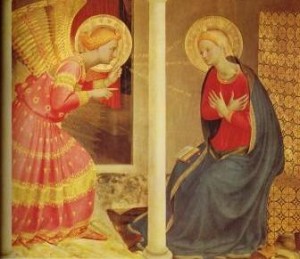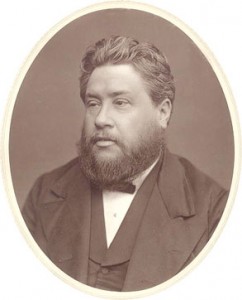Respectable Sins that Quench the Anointing of the Holy Spirit (Chapter Two)
Catch all the foxes, those little foxes, before they ruin the vineyard of love, for the grapevines are blossoming!
Song of Songs 2:15 NLT
In Chapter Two of The Calvary Road by Roy Hession, Hession furthers his discussion of personal revival by examining the “little or respectable” sins (i.e., foxes) that inhibit the Holy Spirit from blessing our lives and ministries (i.e., vineyard).
Self-pity in trials or difficulties, self-seeking in business or Christian work, self-indulgence in one’s spare time, sensitiveness, touchiness, resentment and self-defense when we are hurt or injured by others, self-consciousness, reserve, worry, fear, all spring from self and all are sin and make our cups unclean (pg. 29).
Jerry Bridges calls these sins, “respectable sins” in that there is no law against them. In fact, many believers would consider these sins harmless. Our friends will not shun us for committing them, and in many instances, no one ever knows that we failed the Lord. However, the sins of self-centeredness: pride, fear, worry, anger, anxiety, discontentment, pride, etc. steal our joy in God and inhibit the Holy Spirit from blessing our work for his kingdom. Instead of a sweetness of spirit, we minister to others a hardness of heart and an emptiness of soul. These “little” sins keep us from enjoying the continual on-going presence of the Holy Spirit: the Lord cannot bless us with his constant, conscious presence because our attitude does not honor his character or his Word. Our failure causes our Christian lives to feel empty and our ministries to lack power and authority.
However, there is hope:
If we are to know continuous Revival, we must learn the way to keep our cups clean. It is never God’s will that a Revival should cease, and be known in history as the Revival of this or that year. When that happens it is due to only one thing – sin, just those little sins that the devil drops into our cup. But if we will go back to Calvary and learn afresh the power of the Blood of Jesus to cleanse moment by moment from the beginnings of sin, then we have learnt the secret of cups constantly cleansed and constantly overflowing. The moment you are conscious of that touch of envy, criticism, irritability, whatever it is -ask Jesus to cover it with His precious Blood and cleanse it away and you will find the reaction gone, your joy and peace restored and your cup running over. And the more you trust the Blood of Jesus in this way, the less will you even have these reactions (pg. 30).
The Word of God reminds us that the blood of Jesus is constantly and continually available to not only cleanse us from sin and cancel the guilt of sin, but also to free us from the power of that same sin (Heb. 9:14, 1 Peter 2:24, 1 John 1:9-10).
God wants to show us our reactions, and only when we are willing to be cleansed there, will we have His peace. Oh, what a simple but searching thing it is to be ruled by the peace of God, none other than the Holy Spirit Himself! Former selfish ways, which we never bothered about, are now shown to us and we cannot walk in them without the referee blowing his whistle. Grumbling, bossiness, carelessness, down to the smallest thing are all revealed as sins, when we are prepared to let our days be ruled by the peace of God. Many times a day and over the smallest things we shall have to avail ourselves of the cleansing Blood of Jesus, and we shall find ourselves walking the way of brokenness as never before. But Jesus will be manifested in all His loveliness and grace in that brokenness (pg. 32).
Lord, we pray, continually bring us to the Cross that fountain filled with blood where sins are forgiven and our relationship with you is restored.










